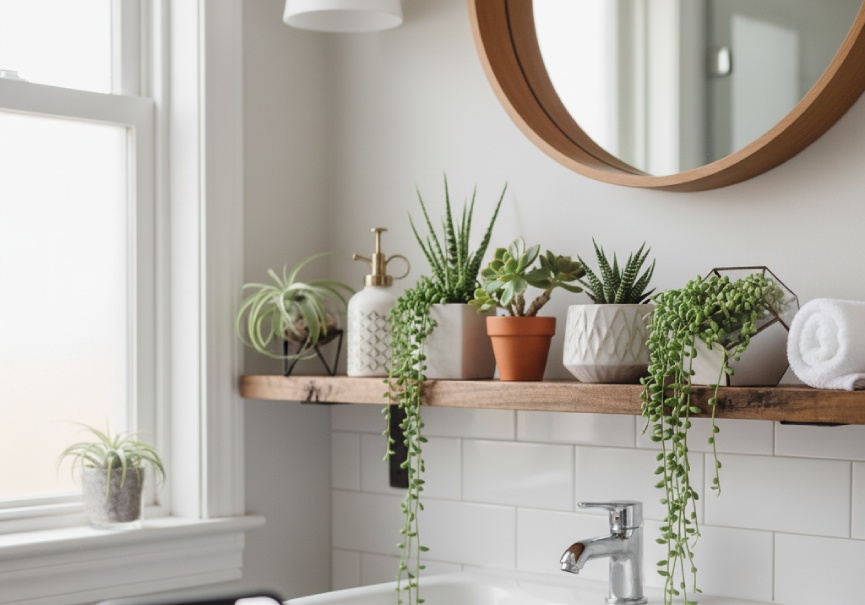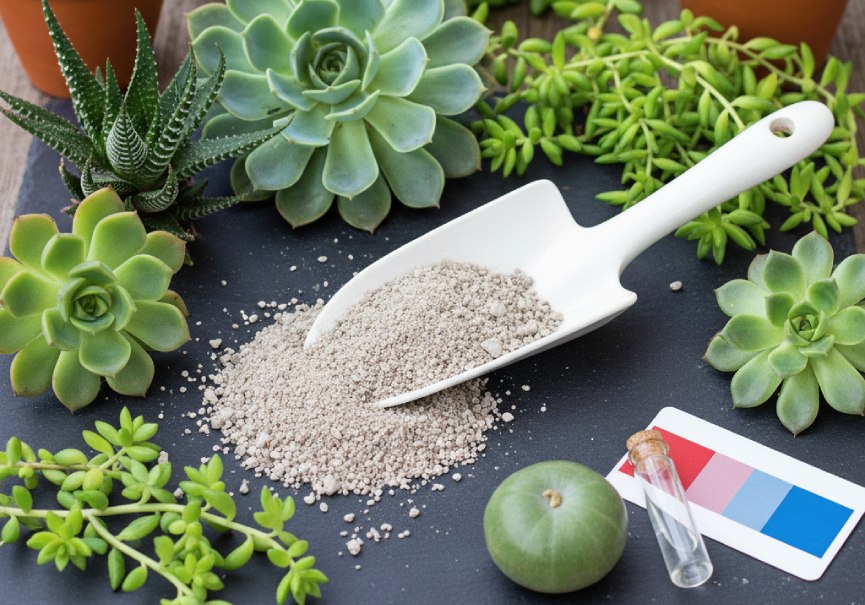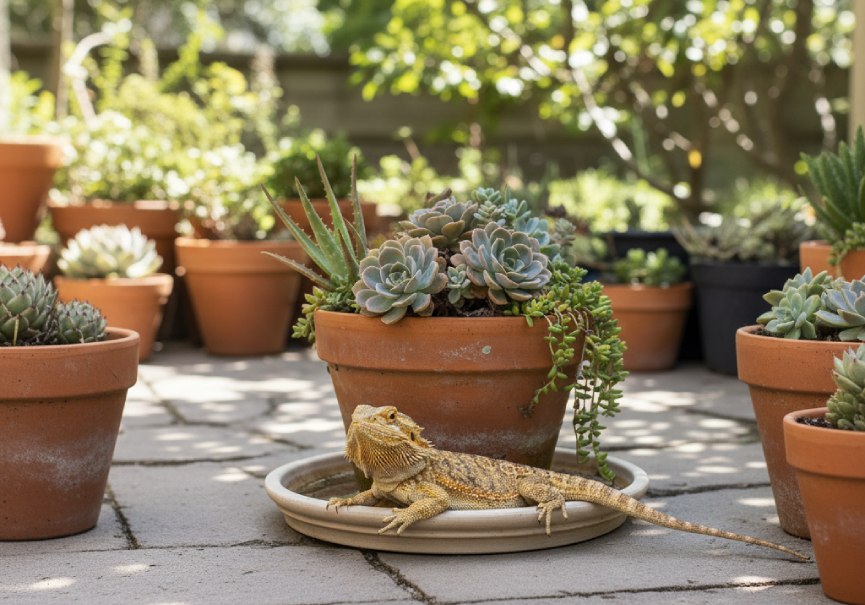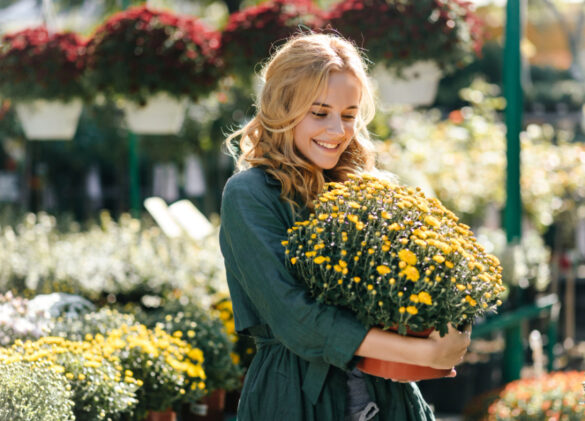Do Rabbits Eat Succulents?

Introduction
Succulents are adored worldwide for their low-maintenance nature, striking shapes, and vibrant colors. Whether displayed indoors as charming tabletop décor or planted outdoors in sunny gardens, these water-storing plants bring life and elegance to any space. However, for those who share their home or garden with rabbits, a common question arises: do rabbits eat succulents?
The short answer? Sometimes. While rabbits are herbivores with a natural curiosity for plants, not every succulent appeals to their palate. In this article, we’ll explore the fascinating relationship between rabbits and succulents, diving into their eating habits, identifying which succulents are rabbit-resistant, and learning how to protect your precious plants from becoming bunny snacks.
Let’s dig in and discover how you can maintain a garden that’s both blooming and bunny-safe!
What Exactly Are Succulents?
Succulents are a diverse group of plants known for their thick, fleshy leaves and stems designed to retain water. This adaptation allows them to survive in dry, arid regions where water is scarce. Their unique textures and geometric patterns have made them one of the most popular plant groups among collectors and home gardeners alike.
Popular Types of Succulents
Here are a few common varieties that might already be sitting pretty on your windowsill:
- Echeveria – Beautiful rosette-shaped succulents with pastel tones ranging from green to pink and purple.
- Sedum – Hardy and diverse, often used in rock gardens or as ground cover.
- Aloe Vera – Famous for its medicinal gel and spiky green leaves.
- Haworthia – Small, compact succulents with intricate patterns and stripes, perfect for desktops.
- Crassula – The family that includes the well-known Jade Plant and other charming, compact varieties.
While all of these species are stunning, their appeal to rabbits varies greatly depending on taste, texture, and availability of other food sources.
Do Rabbits Actually Eat Succulents?
Rabbits are natural grazers. In the wild, they feast on grass, herbs, bark, and leaves, constantly nibbling to keep their ever-growing teeth in check. When it comes to succulents, however, things get a bit more complicated.
The Rabbit Diet in Nature
Rabbits thrive on a diet rich in fiber, mostly derived from grasses and hay. Leafy greens like spinach, kale, and lettuce are also favorites. Succulents, on the other hand, aren’t a natural part of their diet, though curiosity or hunger may lead them to take a bite.
Factors Influencing Rabbit Appetite for Succulents
Several factors determine whether a rabbit will munch on your succulents:
- Availability of Food: When other food sources are scarce, rabbits may resort to trying plants they’d usually avoid.
- Taste & Texture: Some succulents have bitter or toxic sap that naturally deters rabbits.
- Rabbit’s Age & Health: Younger rabbits tend to be more curious, while older ones may stick to familiar foods.
- Plant Species: Not all succulents are equal; some are irresistible, while others are completely ignored.
So, while succulents aren’t a rabbit’s first choice, they might get sampled, especially if the rabbits are hungry or curious.
Succulents That Rabbits May Eat
Although succulents are generally not a preferred snack, a few varieties can attract a rabbit’s attention due to their tender leaves and mild taste:
- Sedum spp. – With their fleshy and soft leaves, Sedums are often one of the first succulents rabbits nibble on.
- Echeveria spp. – The smooth, juicy rosettes of Echeveria can be tempting, especially for younger rabbits.
- Sempervivum spp. (Hens and Chicks) – While mature plants are tougher, small offsets are sometimes vulnerable.
- Crassula ovata (Jade Plant) – Though mildly toxic, some rabbits may still chew on it out of curiosity.
If you notice missing leaves or clean bite marks, it’s likely a rabbit has been exploring your garden buffet.
Rabbit-Resistant Succulents
Fortunately, there are plenty of rabbit-resistant succulents that can thrive without fear of being eaten. These plants usually have bitter-tasting sap, toxic compounds, or sharp spines that deter rabbits naturally.
Some reliable rabbit-proof choices include:
- Agave – With sharp, spiny leaves and a bitter taste, rabbits steer clear.
- Euphorbia – Contains a milky latex sap that is irritating to rabbits (and even humans), making it unappealing.
- Aloe Vera – Its bitter gel deters most herbivores.
- Kalanchoe – Toxic to many animals, rabbits included.
- Sempervivum tectorum (Hens & Chicks) – Tough leaves that rabbits rarely enjoy.
By choosing these varieties, you can design a rabbit-safe garden that doesn’t sacrifice beauty.
Protecting Your Succulents Indoors
If your rabbits roam freely inside your home, keeping your succulents safe requires a bit of strategy.
Here’s how to rabbit-proof your indoor greenery:
- Elevate Planters: Place succulents on high shelves or hanging planters out of reach.
- Use Closed Terrariums: Glass terrariums not only look elegant but also prevent nibbling.
- Designate No-Rabbit Zones: Use barriers or baby gates to separate plant areas.
- Provide Distractions: Give your rabbits chew toys or safe branches (like apple wood) to satisfy their gnawing instinct.
With these small adjustments, you can maintain both happy bunnies and healthy plants indoors.
Spotting Rabbit Damage on Succulents
Think rabbits might be feasting on your plants? Here are a few telltale signs to confirm your suspicions:
- Clean-Cut Bites: Rabbits leave neat, angled cuts on leaves and stems.
- Missing Leaves or Rosettes: Entire parts of the plant may disappear overnight.
- Scattered Debris: You might find bits of chewed leaves or stems around the pot.
- Rabbit Droppings: Small, round pellets near your plants are a clear sign of rabbit visitors.
If you notice these symptoms, act quickly rabbits can cause significant damage to tender succulents in just a few nights.
How to Protect Succulents from Rabbits Outdoors
Whether you’re maintaining a front yard succulent display or a backyard garden, protecting your plants from rabbits is crucial.
1. Physical Barriers
The most effective protection is a sturdy fence or mesh barrier.
- Use chicken wire or hardware cloth around your garden beds.
- Ensure the fence is at least 2 feet tall and buried 6 inches deep to prevent burrowing.
- For potted succulents, small wire cages can serve as protective domes.
2. Natural Deterrents
Rabbits have a sensitive nose so that strong scents can keep them away.
- Plant aromatic herbs like rosemary, lavender, or mint near your succulents.
- Sprinkle garlic powder or red pepper flakes around your plants.
- You can even use companion planting, where fragrant herbs act as natural shields.
3. Commercial Repellents
Eco-friendly rabbit repellents are available in sprays or granules.
- Choose non-toxic, biodegradable formulas safe for pets and plants.
- Reapply after rain or every few weeks for a lasting effect.
4. Scare Tactics
Use motion-activated sprinklers, lights, or ultrasonic devices that startle rabbits when they approach. While not foolproof, they can reduce nighttime visits.
Creating a Rabbit-Friendly Garden
Instead of waging war against your furry visitors, why not design a space that satisfies both sides?
Provide Rabbits Their Own Snacks
Plant rabbit-safe greens like parsley, clover, or dandelions in a separate section away from your succulents. This way, rabbits have an alternative to munch on.
Offer Enrichment and Shelter
Place toys, tunnels, or hay piles near their area. Keeping rabbits engaged reduces their curiosity about your succulents.
Maintain a Balanced Diet
A well-fed rabbit is far less likely to seek out new food sources. Ensure your pets always have ample hay, pellets, and fresh vegetables available.
With the right setup, coexistence between rabbits and succulents is not only possible it can be beautifully balanced.
Ensuring the Health of Both Rabbits and Succulents
Creating harmony between your pets and plants is about balance and awareness.
- Always research plant toxicity before introducing new succulents.
- Avoid using chemical repellents that might harm animals.
- Keep your succulents healthy by ensuring well-draining soil, proper sunlight, and controlled watering.
Healthy succulents are more resilient, while well-cared-for rabbits are less tempted to nibble on your greenery.
Conclusion
So, do rabbits eat succulents? The answer lies in context. Rabbits are naturally curious grazers, and while some succulents are too bitter or toxic to tempt them, others may fall victim to a curious nibble.
By understanding rabbit behavior, choosing rabbit-resistant succulents, and applying simple protective measures, you can enjoy a thriving succulent garden without worrying about furry intruders. With a little planning, it’s easy to create a peaceful environment where both plants and pets flourish side by side.
FAQs
1. Do rabbits eat succulents? Ans:- Yes, rabbits may occasionally nibble on succulents, but their interest depends on the plant type, availability of other food sources, and individual preferences.
2. What succulents are rabbit-resistant? Ans:- Agave, Aloe Vera, Euphorbia, and certain Sedum varieties are naturally resistant to rabbits due to their texture or sap.
3. How can I tell if rabbits are eating my plants? Ans:- Look for clean bite marks, missing leaves, or droppings near your succulents, clear signs of rabbit activity.
4. How can I protect my succulents from rabbits? Ans:- Use fencing, aromatic deterrents, or repellent sprays. Indoors, keep plants on high shelves or in enclosed terrariums.
5. Can rabbits and succulents coexist? Ans:- Absolutely! With proper precautions and a balanced environment, you can keep both your succulents and rabbits healthy and happy together.






